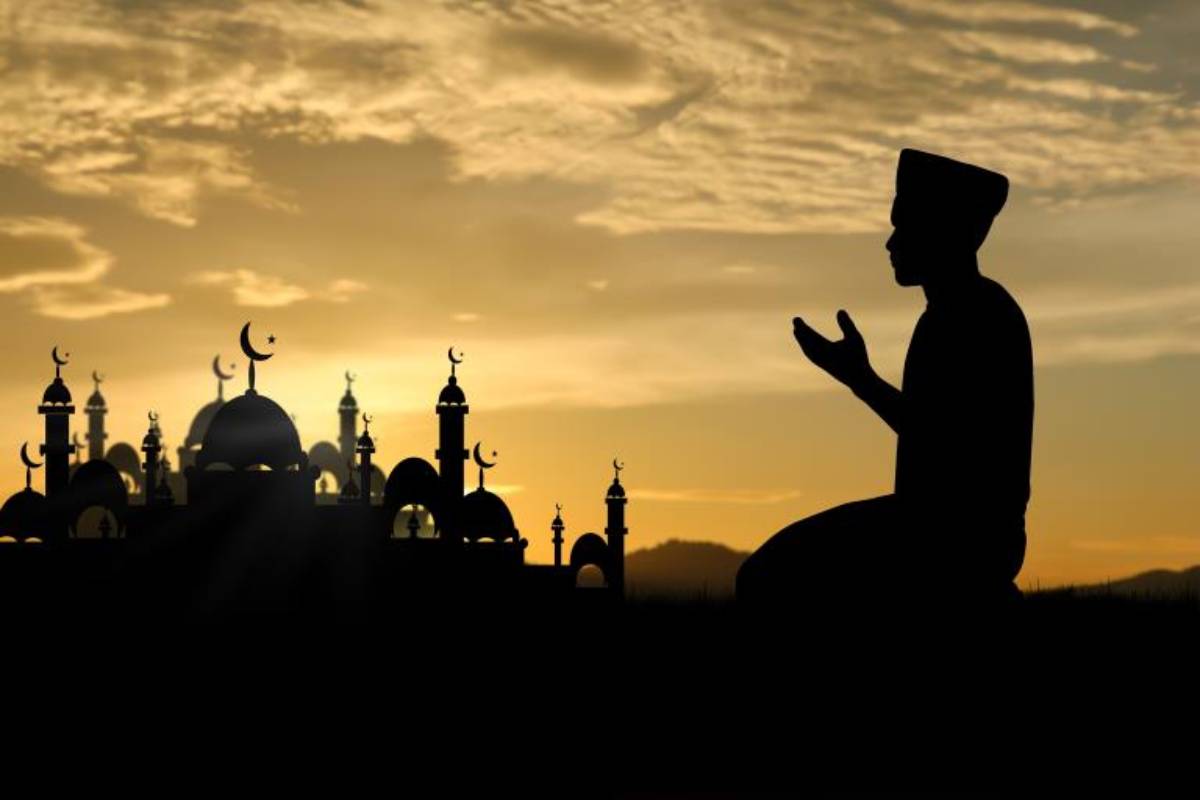India’s Got Latent: SC issues notice on YouTuber Ashish Chanchlani’s plea against FIRs
SC issues notice on YouTuber Ashish Chanchlani’s plea to quash or transfer FIR in India’s Got Latent case; tagged with Ranveer Allahabadia’s petition.

Ahead of Prophet Mohammad's birthday, Mumbai masjids woo non-Muslims
The Supreme Court on Monday agreed to examine a plea seeking a declaration that those who do not want to be governed by the Muslim Personal Law must be allowed to be governed by the secular law of the country.
Issuing notice to the Centre and the Kerala after some deliberation, a bench of Chief Justice D.Y. Chandrachud, Justice J.B. Pardiwala and Justice Manoj Misra, asked the Attorney General R. Venkataramani to nominate a law officer, who can assist the court and posted the matter for hearing in the second week of July 2024.
Advertisement
The petitioner – a Kerala-based Muslim woman Safiya PM – has stated that she is a non- believer Muslim and hence should be governed by the Indian Succession Act 1925 with respect to inheritance instead of the Muslim Personal Law (Sharia Law). She said her father too is a non-practising Muslim.
Advertisement
Sharia law says that a Muslim who renounces faith in Islam, will be ousted from the community and thereafter she is not entitled for any inheritance right in her parental property, says the petition by Safiya.
The petition says that as per Sharia law, a Muslim person cannot bequeath more than 1/3rd of his properties by way of Will.
The petitioner Safiya has stated that her father cannot bequeath more than 1/3d of his property to her and the remaining 2/3rd will go to her brother who was suffering from Down’s syndrome – a genetic condition caused by an extra Chromosome.
Safiya has further stated that she has a daughter and after the petitioner’s (Safiya) death, the entire property will not go to her daughter as her father’s brothers will also get a claim.
“The absence of any provision for having the inheritance rights, even after leaving the religion, puts the citizen in a dangerous situation as neither the secular laws of the State nor the religious laws would protect her. As per Sharia law, one who has left Islam will lose her inheritance rights. It is the prayer of the petitioner that she should be governed by the provisions of the Indian Succession Act, 1925,” the petition states.
It further said that petitioner strongly believes that the practices under Sharia law are highly discriminatory towards Muslim women and hence it violates the fundamental Rights guaranteed under the Indian Constitution.
Advertisement